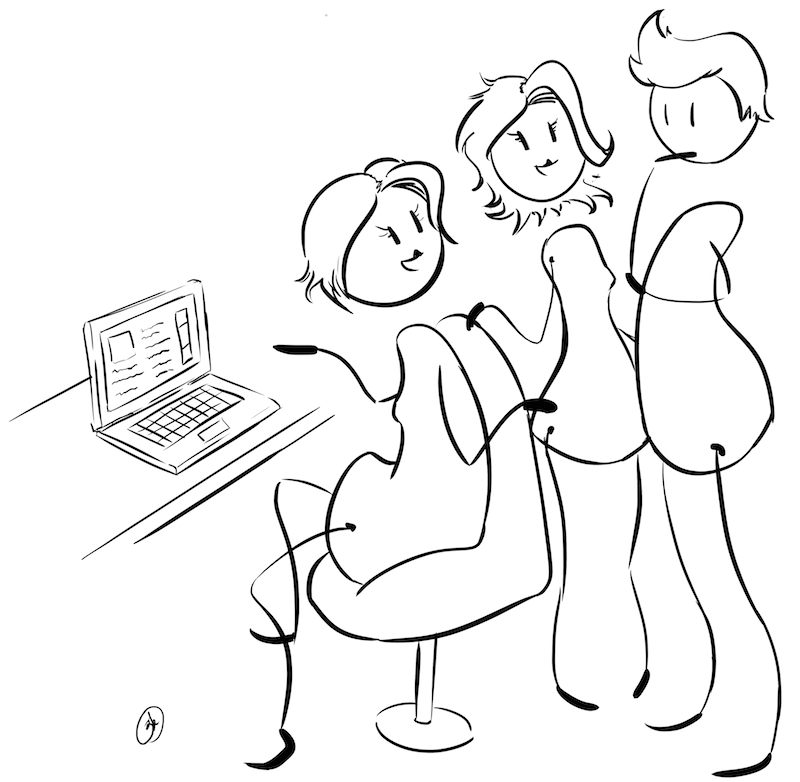Find a mentor (or a couple of them)

A mentor is someone that provides guidance and is an important asset on our journey to be the best version of ourselves. Sometimes we have mentors and we don’t even realise it. But we should be conscious on who are our mentors, how to get the most out of them, find other mentors that cover other areas and also help them improve their own mentorship skills.
I remember when I was at a company and I found myself with several mentors without realising. Due to some circumstances I had monthly 1on1s with my direct manager (okay that’s to be expected) but also with other people with different kind of roles:


